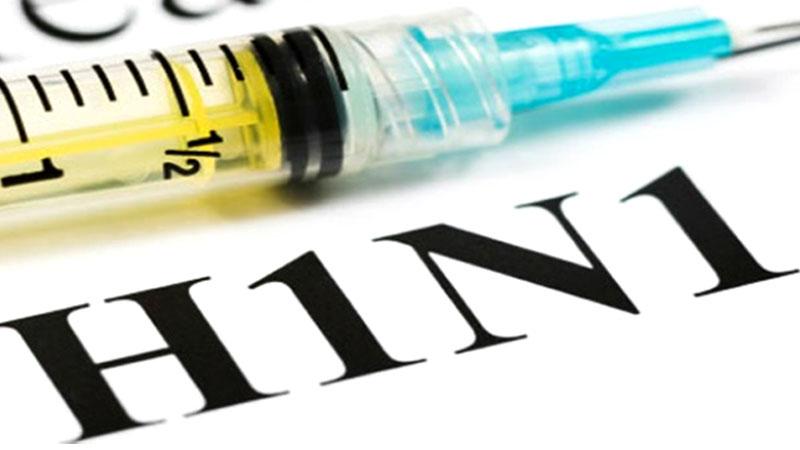
Following three deaths due to the (A) HINI influenza virus at the Kandy General Hospital Kidney ward, hospital authorities have swiftly moved in to introduce several emergency measures to prevent further spread of the infectious virus, according to Hospital Director Dr. Saman Ratnayake.
Two kidney patients at Kandy Hospital died of Influenza H1N1 on Wednesday, January 12.
Two of the three deaths reported from the Kandy Teaching hospital were caused by H1N1. The deceased are said to be two males, aged 35 and an elderly person.
Confirming the deaths, Hospital Director Dr. Saman Ratnayake told the Sunday Observer that several emergency measures were now in full operation to halt further spread. Asked for the number of positive cases at present, he said there were two females and four males who had been positively identified with the disease. “They are all kidney patients whose immune systems have been affected by chronic diseases. They are being treated at the ICU”
Responding to a question whether the virus had been isolated at the Medical Research Institute, he told the Sunday Observer, “We have our own virology lab which is functioning very well. We were able to get the results of the samples we tested in one day so that we could initiate early treatment.”
He also quelled rumours that the virus was reaching epidemic levels. “It is at the cluster stage at present. But we are closely monitoring it and have taken all necessary steps to prevent its spread,” he said, adding, “An education program to raise more awareness among hospital staff was also being conducted.”
Meanwhile, Ward 69 of the hospital which was closed until emergency measures had been taken to disinfect it, has been re-opened, the Sunday Observer learns. Hospital authorities, however, said that the number of outsiders visiting the hospital would be minimized.
“If they don’t have serious symptoms after being seen by our OPD counter, they will be advised to take home treatment but return after the third day for a follow up,” he said.
He urged members of the public having any symptoms of the disease such as colds, coughs and fever to refrain from visiting patients and infecting them with the disease which could be transmitted from phlegm and mucous.
“They should first seek medical advice from our OPD where we have set up a separate counter to meet this emergency. All staff manning these counters are trained to detect the symptoms,” Dr. Ratnayake said.
At present there are over 65 kidney patients awaiting dialysis and transplants.
Warning that pregnant mothers and children were at high risk, Dr Ratnayake said, “Social etiquette is very important. This includes washing hands with soap and water, wearing masks, covering the mouth when coughing and sneezing, using disposable tissue and disposing them safely to prevent others being infected through contact.”
“Avoid large crowds especially at this time. If you feel ill stay at home,” he advised.
As the second largest general hospital in the country, over a 1,000 patients visit its OPD’s daily and hundreds of patients are admitted every day for various ailments - exceeding its bed strength of 2,350.
